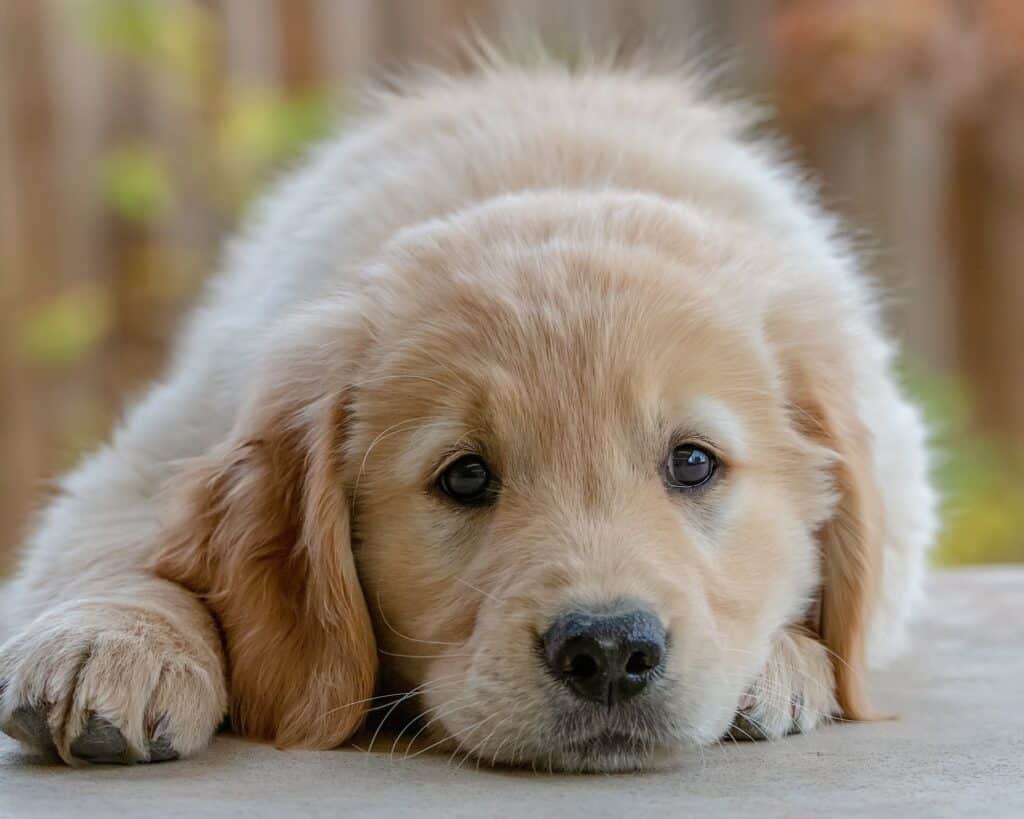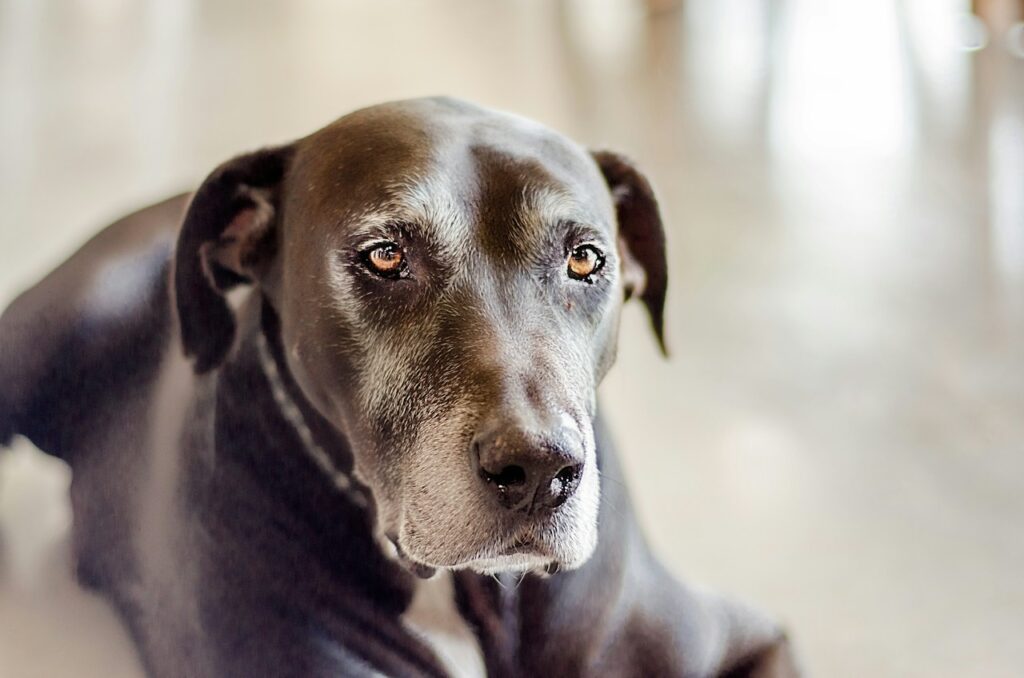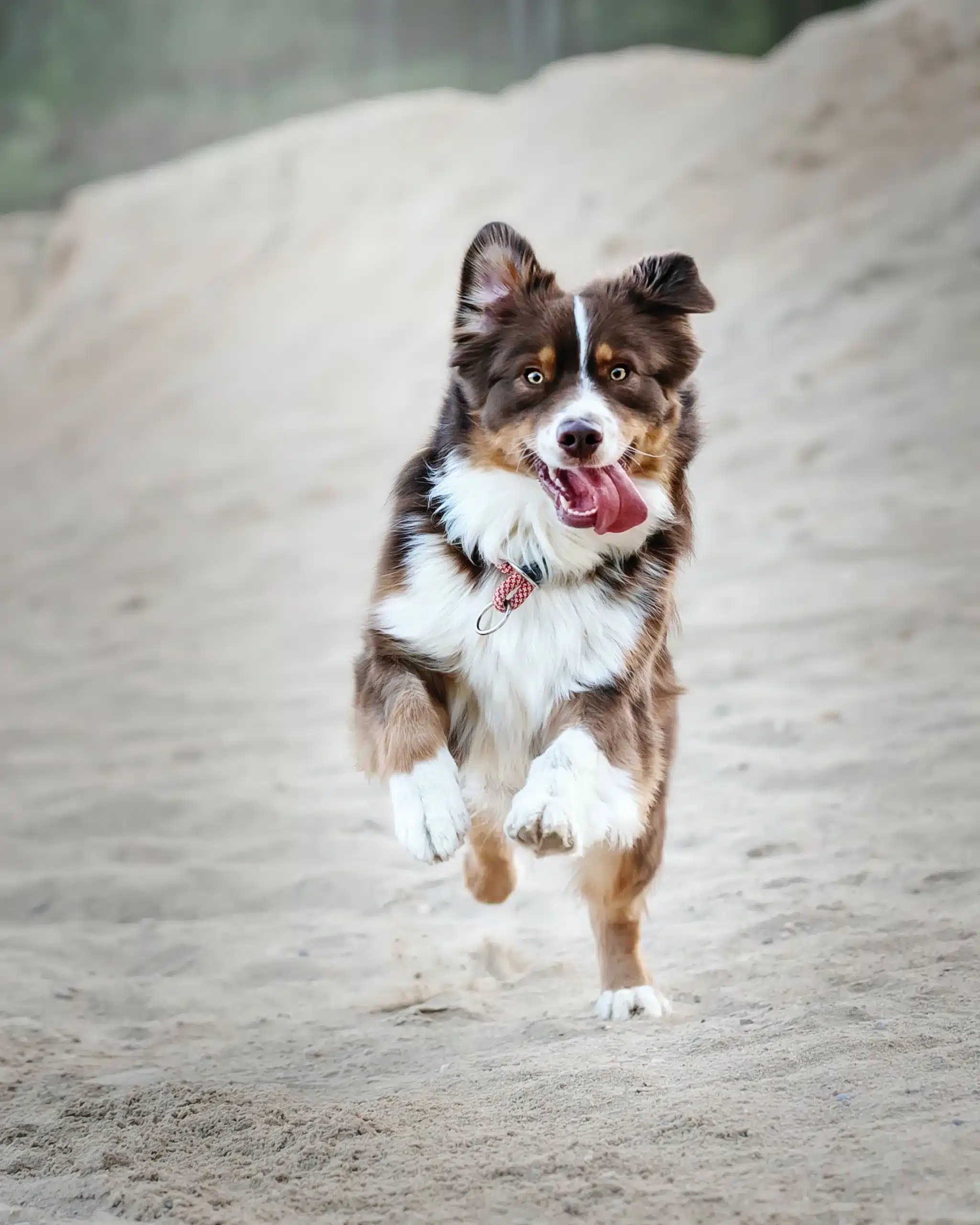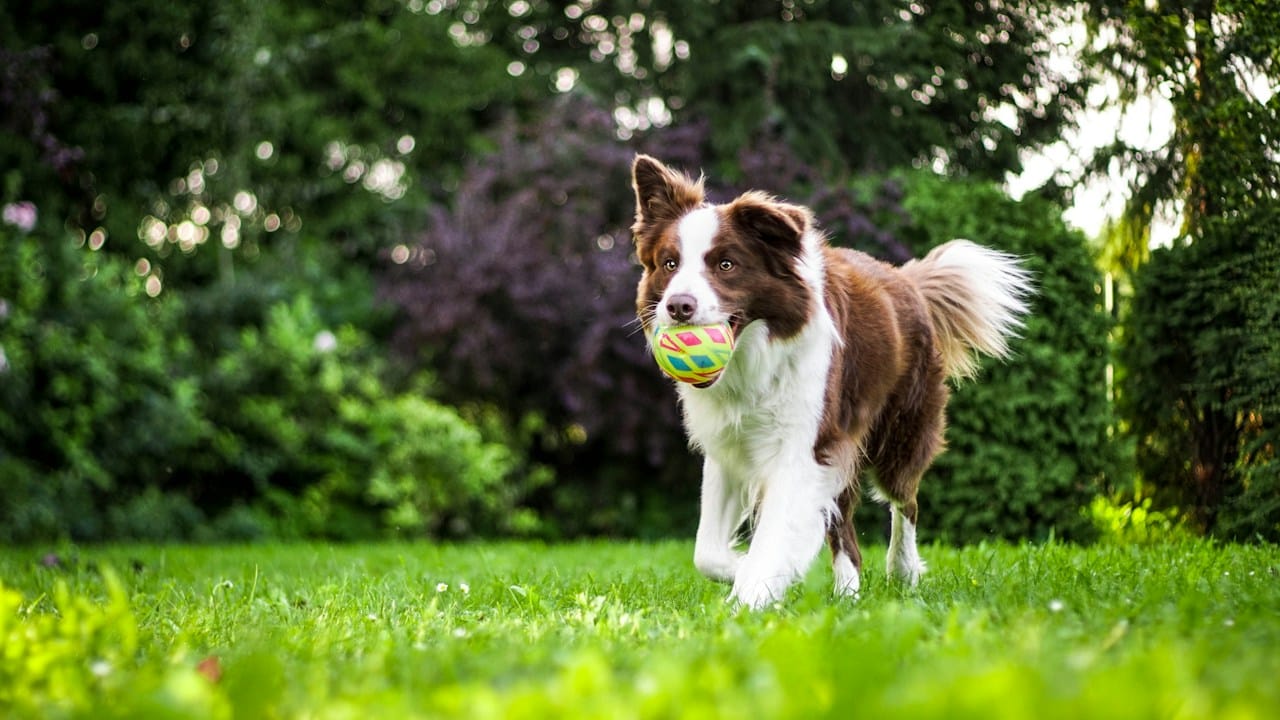If an older dog stinks there can be many reasons. Understanding that specific of our quadruped will allow us to find a remedy
Adopting a four-legged friend, especially if we save him from the kennel and give him a life worthy of being called such, is a life-changing experience. If an older dog stinks, we certainly shouldn’t be discouraged. There will be a solution to solve the problem.
Table of Contents

Fido does not only bring with it unpleasant sides, on the contrary: they are collateral. If your dog loves being outdoors and running around the park, he will certainly need more frequent grooming. For the rest, it will be a concentration of pampering and love.
An overview
Although the life of our four-legged friend can be very adventurous, he should not give off a bad smell always and regardless. If an older dog still stinks after bathing, something is wrong.
This could be one of the first signs of health problems or ailments. So it is important not to ignore them: better an extra check-up visit by our trusted veterinarian, who knows any previous clinical and breed characteristics, than an underestimation of any pathologies (some of which are also serious).
Diabetes an older dog stinks
Diabetes can affect dogs of any age, but as our four-legged friend grows older, the risk of getting sick increases significantly. Several diseases could arise at this stage of your life and also those related to a glycemic disorder.
In these cases, diabetes tends to be progressive, which translates into difficulty in identifying the first symptoms (or at least in connecting them to the right diagnosis). This is why routine visits to the specialist can make a difference in terms of prevention.
The diabetic specimens, also apply to us humans, who are not following a therapy with insulin administration and/or dietary changes can undergo a cycle of ketosis. It is nothing more than a reduction in the body’s fat reserves.
Among the symptoms that should alert us is a bad smell coming from the oral cavity of our four-legged friend, better known by the term halitosis. Some associate it with the smell of rotten fruit. If we notice it too, let’s tell the trusted veterinarian, who will take care of all the specific tests to identify the underlying problem.
Kidney problems
Also in this case an elderly dog, especially if it stinks for no apparent reason, is a subject at risk, more than its still young peers. Kidney problems can have a cascading effect on the whole body and affect your health more generally.
Again, bad breath is a wake-up call. The bad adore, then, can spread to the rest of the body, since our four-legged friend usually licks and cleans his coat.
And even in this case, it is good to consult the specialist as soon as possible who, if he confirms our suspicions, will promptly initiate all the necessary protocols to help Fido heal or keep the pathology under control. Timeliness and targeted therapies are essential to donate as much time as possible to our old man, possibly of quality too.
Poor oral hygiene
Not all four-legged friends love toothbrushes, which is why experts have created special snacks to solve the problem of poor oral hygiene. This is a less serious problem than those previously described, but if it is neglected it can cause considerable damage.
Rotten teeth, diseases affecting the gums, plaque, and tartar: these are all reasons why the old dog stinks (but also the young one). It is not uncommon for the intensity of halitosis to be particularly annoying.
It is not a normal condition if the teeth or the oral cavity, in general, are in a condition to induce our four-legged friend to give off a bad smell. In addition, we will also notice difficulties during meals: the pain that these conditions cause will not make our beloved Fido eat peacefully.
The solution is always the same: no do-it-yourself and a thorough check-up by our trusted veterinarian, the only one able to have an overview and connect all the pieces to identify the dog’s clinical situation. Proper therapy will solve the problem.
Obstruction of the perianal glands
If an older dog stinks it could have a blockage of the perianal glands. In this case, he will have difficulties and pains during defecation. All of this can take longer than expected during the routine walk and cause the so-called “wheelbarrow movement”.
This condition causes a very strong bad smell to emanate from the bottom, which resembles that of rotten fish. Even if the symptoms are quite annoying, there is good news: it is an easily treatable disorder if it is not underestimated and overlooked. The trusted vet will empty the perianal glands to eliminate the blockage that causes so much discomfort to our four-legged friend.
Bladder weakness
Just as it happens to humans over the years, elderly quadrupeds can suffer from bladder incontinence. This disorder, however, is not necessarily identified immediately: Fido tends to be particularly discreet.
Fortunately, some symptoms can alarm us and lead us to contact the specialist. Among these certainly is the object of our analysis: the bad smell. If we notice it and fail to associate it with some reason related to a hygiene problem, we do not waste any more time and try to alleviate the discomfort of our faithful friend.

Skin diseases
Pathologies such as parasitic infestations, dermatitis, allergies, or intolerances are all causes of a worsening of the health of Fido’s coat; which will no longer appear soft and shiny, but dry and faded. Among the symptoms, we will also notice a noticeable bad smell.
As the dog becomes old and begins to smell in an unmotivated way, it can be subject to minor pathologies that, in adulthood, he would have defeated without major problems.
Our trusted veterinarian will therefore have to check for the presence of fungal or bacterial infections, or any other cause that can cause bad odor.
Not quality grooming
Continuing our excursus among the reasons why an elderly dog stinks, we conclude with the less serious and more easily solved one: grooming. When the cleaning of our four-legged friend is not followed scrupulously and at regular intervals (but not too frequently, I recommend), it is normal that he may emanate a not-very-pleasant smell.
Fido, even if not at the levels of the felines that are among the cleanest animals in circulation, thinks about his hygiene: he licks and cleans himself every time he feels the need. But let’s not forget that if he’s not a stray, he needs our help from time to time. Only in this way will it not be smelly and will be admired on the street for its shiny and soft coat.
This is especially true for four-legged friends who are no longer very young. Several health problems and inevitable laziness lead our Fido to be less zealous in taking care of their hygiene.
Here, then, we must intervene with brushing at least once a week (unless the type of hair requires more frequent intervention) and bathing once a month (as a rule). Even when it comes to cleaning our furry dog, we ask our vet for advice.


